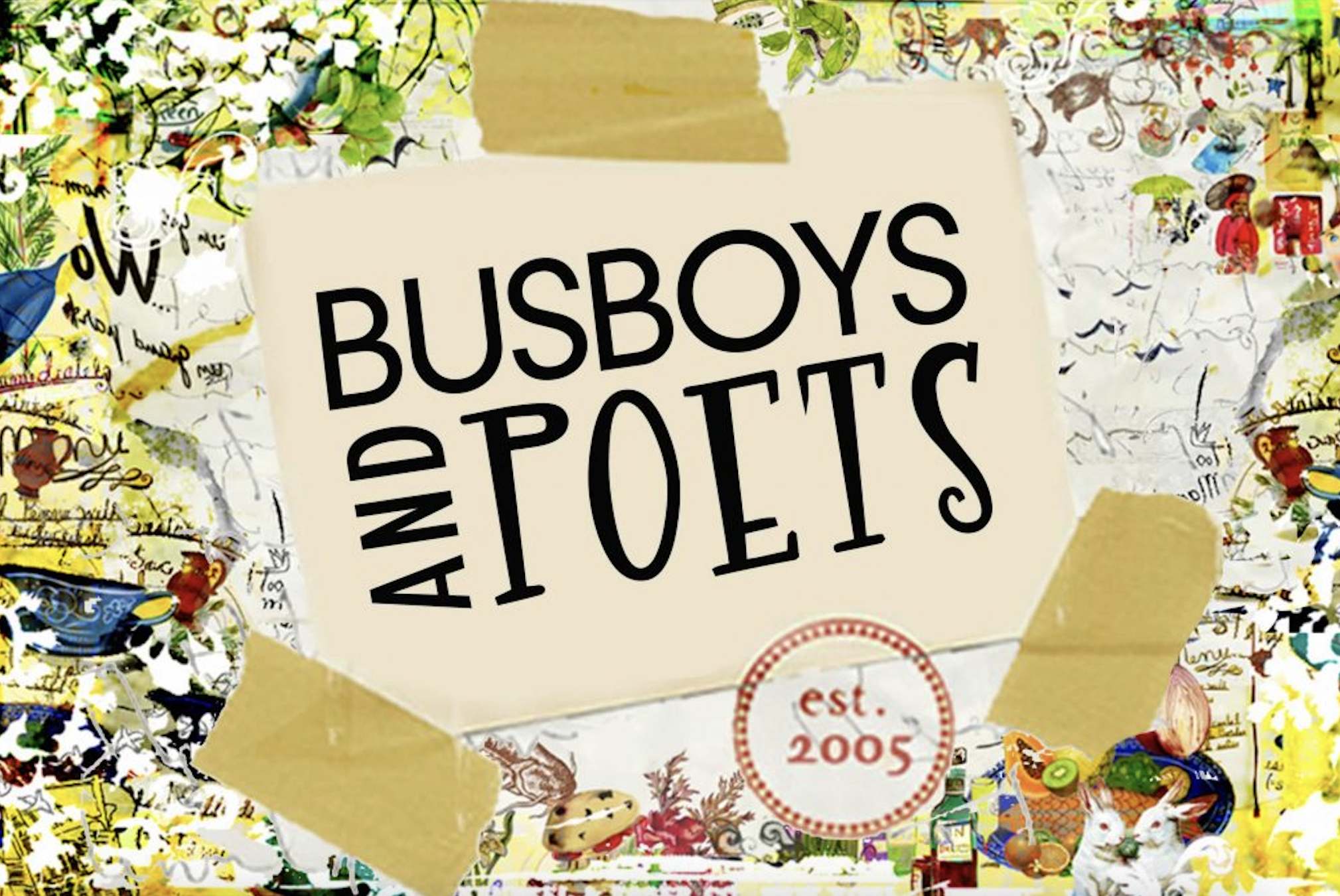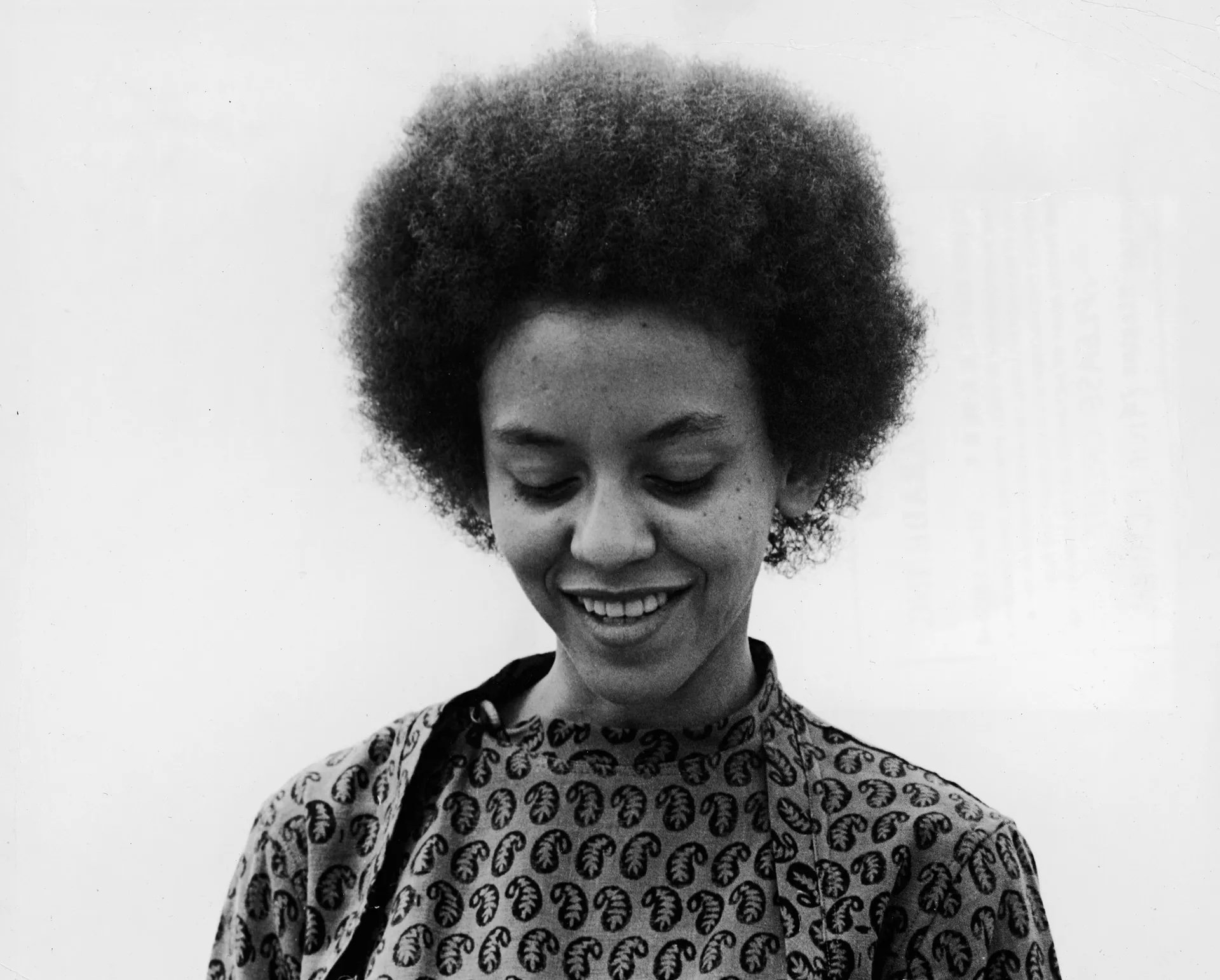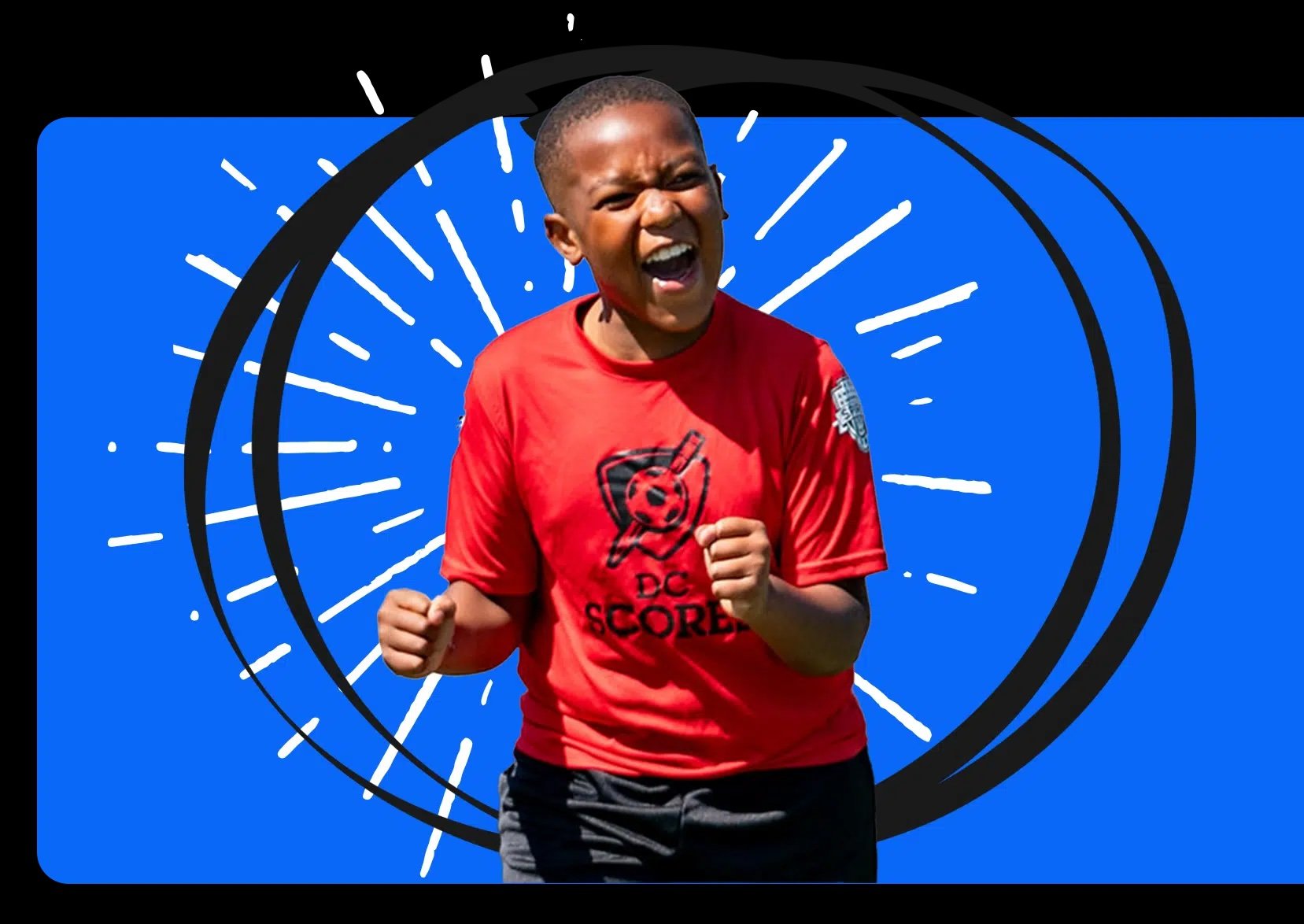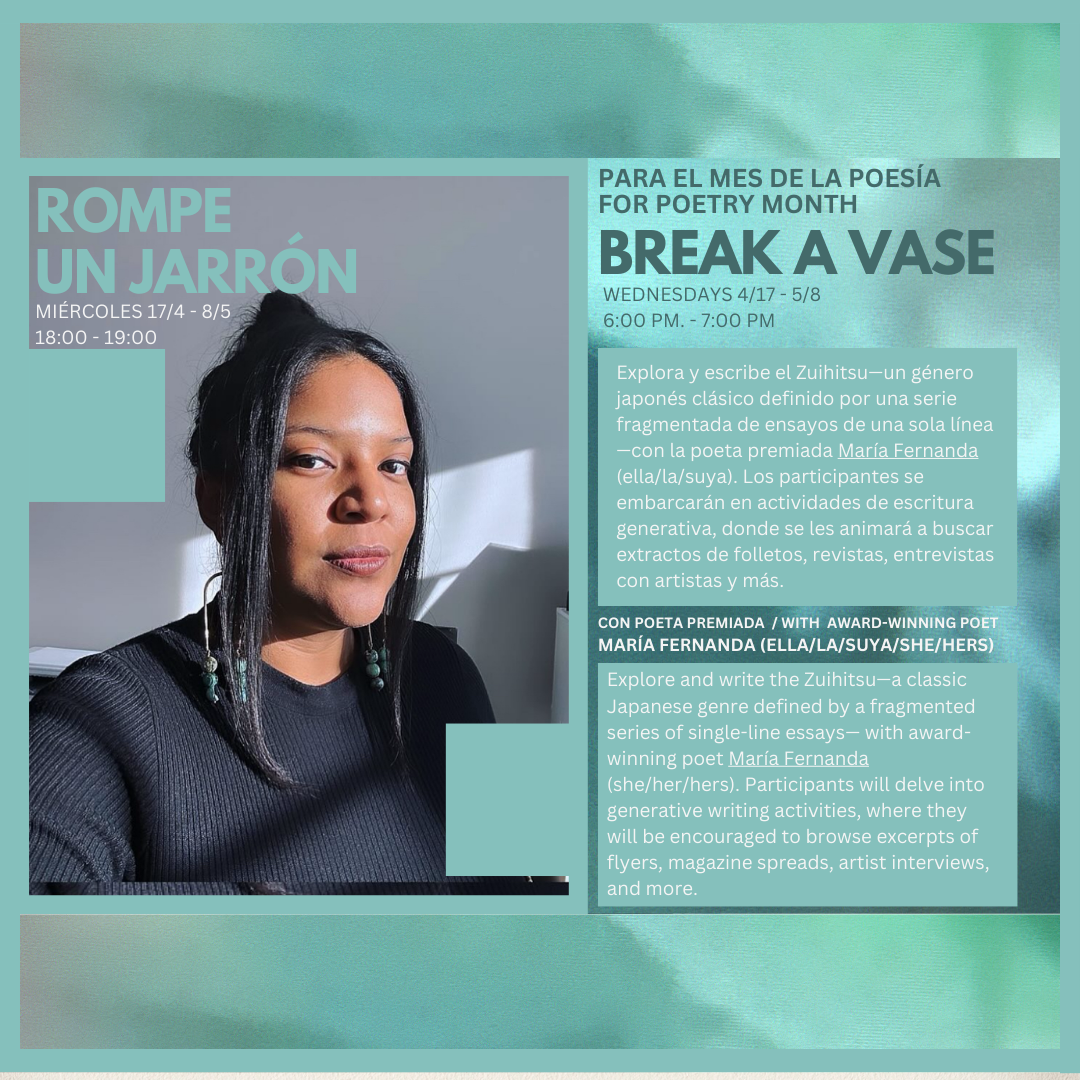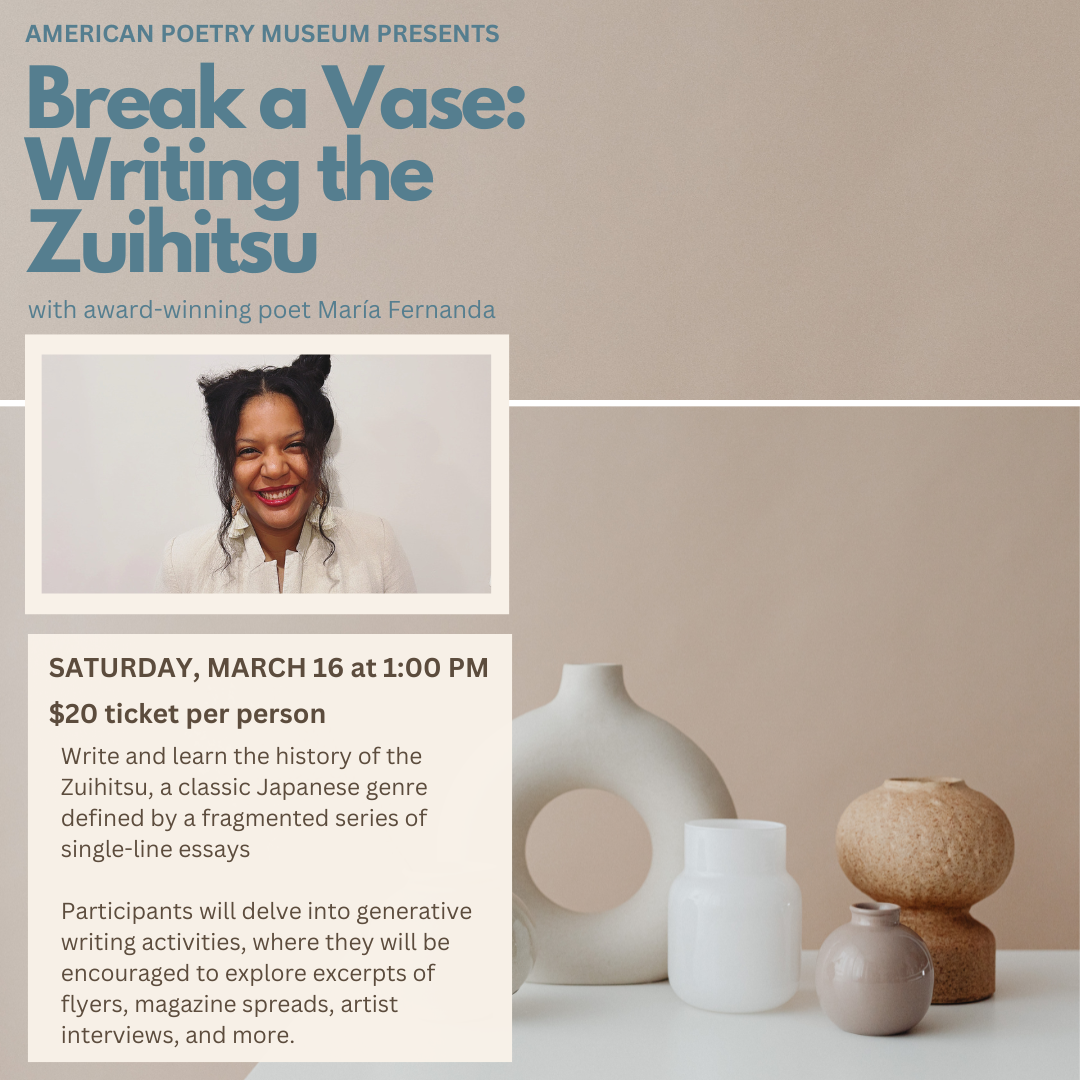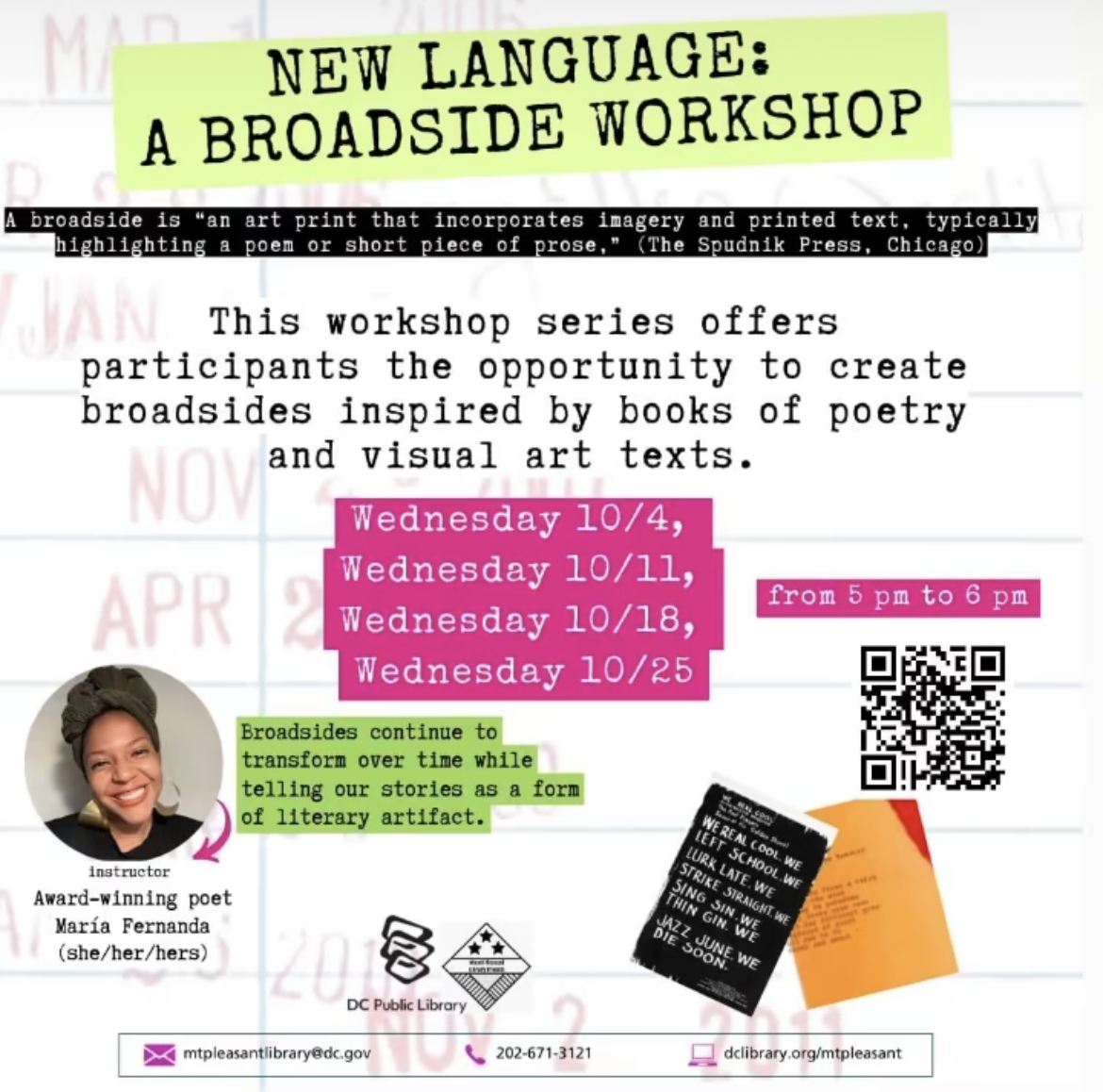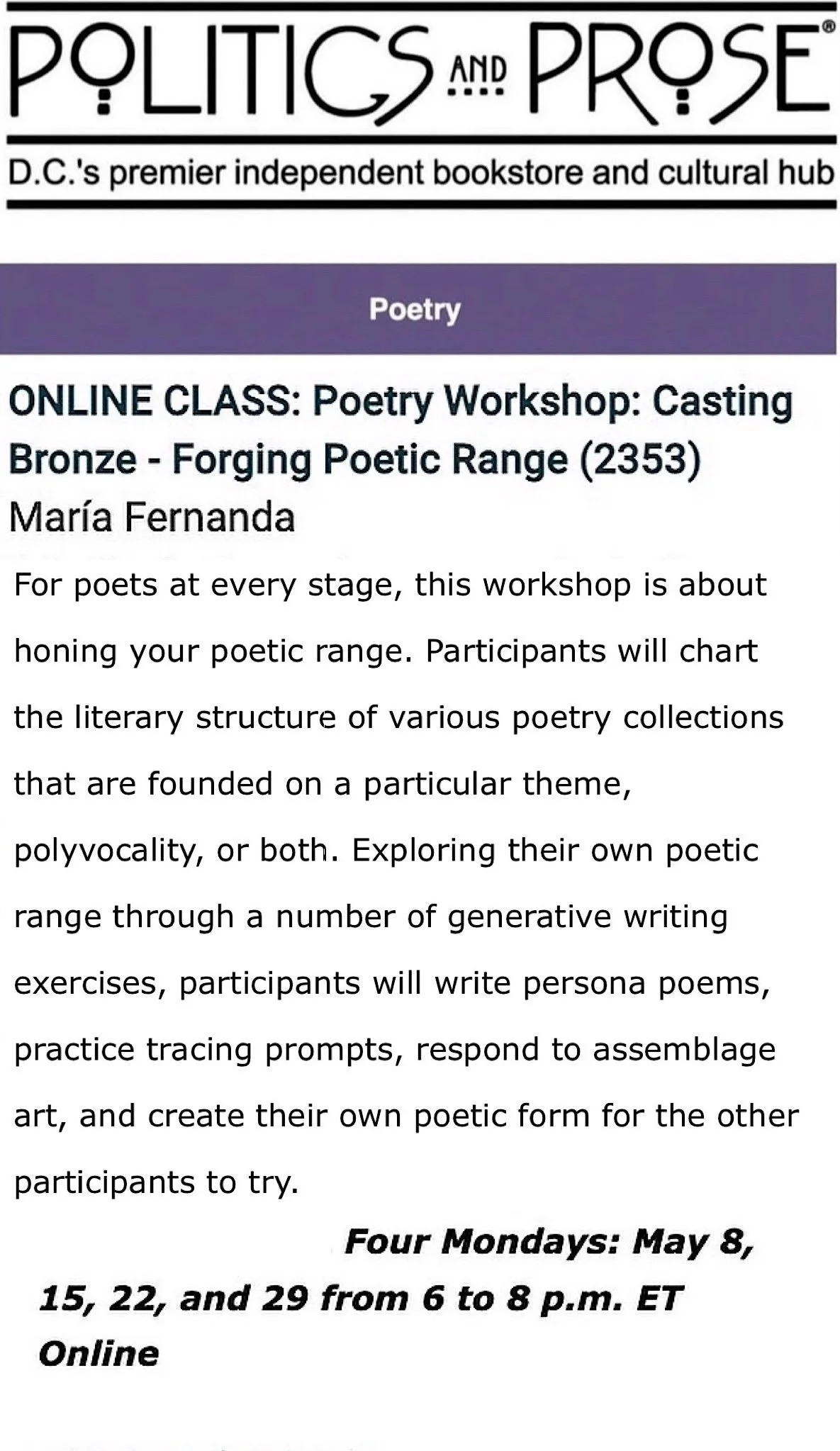Honoring Nikki Giovanni
Online
2025
Join award-winning poet María Fernanda in this workshop where we will close-read poems by globally-renowned poet and literary legend Nikki Giovanni. Participants will discuss the historical context of her work, as well as its impact. This workshop will look at Nikki Giovanni’s life and one perspective on how she became the poet she is now. RSVP.
FeaturedHow to Begin
At every age, we are looking for a place to begin or a place to continue. In this generative writing poetry class, we will read the works of globally-renowned poets in their thirties as for many of them, their thirties is when their literary work began to find its shape on paper.
Monday, August 11, 2025
7:00pm
Online
Upcoming2025 CLSAS Annual Conference
Renowned global performers, artists, and storytellers share their perspectives and experiences on creative careers and the intersection of language, culture, and the arts. This panel will explore the non-traditional career pathways in the arts and humanities space. Join us as we reflect on art as diplomacy and its transformative potential.
Saturday, June 14, 2025
2:00pm
In-person
Make Your Mark: A Broadside Poetry Workshop
Participants create a broadside to take home. A broadside is an art print with text and drawings. Make Your Mark is a poetry workshop created by award-winning poet María Fernanda.
Tuesday, June 17, 2025
6:00pm
In-Person
Night: Explore Screenplays, Write Poetry
Participants will read screenplays to inspire and vary their poetic voice. A screenplay is a film written. Alongside screenplays, we will also read poems. Night is a poetry workshop created by award-winning poet María Fernanda.
Thursday, June 26, 2025
6:00pm
In-Person
What will we do together?Mess + Process at The Kelly Writers’ House at The University of Pennsylvania
Creativity
Each experience is crafted to encourage your intuitive choices. Historical contextualization will ground the direction of the lesson in an effort to inspire imagination.
Generation
Creating new work is a core component. The structure ignites unique ways to begin writing both in and out of the collective literary experience.
Revision
Finding the best editing process for your current project is crucial. Several of María Fernanda’s serial collective literary experiences include one-on-one sessions with her to focus on your work.
Previous EventsBGIAS: Black Girls Writers Room (DMV) @ NMWA
a black girls’ poetry workshop
national museum of women in the arts
Explore generations of language in this free poetry workshop with award-winning poet María Fernanda, from DC, who invites participants to learn how to write a contrapuntal poem, a form blending two or more poems and read in multiple ways. Generative writing exercises will be inspired by excerpts of poems, in-library literary archives, and other sources. Participants will consider the many histories of a word, a name, a home, and so much more. This is for first-time writers and poetry enthusiasts alike. Note: Participants will create in-workshop poems and use them to blend; no need to bring poems already written.
Details at Black Girls in Art Spaces.
OFFICIAL LAUNCH— The Hour Open Mic Series
In the Garden — a poetry garden x DC Preservation League
Let’s Write Poetry Saturdays — heart & tempo
SOFT LAUNCH— The Hour Open Mic Series at Politics and Prose
Words & Music at National Museum of African American History and Culture
Workshop $40 Pop Up! Writing the Flamenca — Poetry
Poetry Night Panel — ft. Brandel France de Bravo & Julie Choffel w. María Fernanda
Black Girls In Arts Spaces x BGWR (DMV) @ NMWA
Kimberly Reyes’s Bloodletting Virtual Book Release Party!
Etymology: Writing Your Literary Lineage
Crossroads: Strategies for Revising Poetry
Fade In: Reading Screenplays to Inspire Poetry
Nikki Giovanni: Of Her Quilt
This is Your Poem: A Tribute to Nikki Giovanni
A True Revolution: Nikki Giovanni
Parkmont Poetry Field Trip
Break a Vase, A Poetry Workshop: Writing the Zuihitsu
Equilibrium of a Line
-
Join DC SCORES as we kick off poetry slam season with our middle school performances! Award-winning poet María Fernanda will appear as a poetry judge.
Let’s Write Poetry Saturdays — Entiou
DCZinefest & María Fernanda — Unfolding Poetry
-
We will write short vignettes in narrative form, lyric form, and persona. A vignette is an episodic piece of writing describing a person or a moment in time. Generative writing exercises will be shaped by Bhanu Kapil’s The Vertical Interrogation of Strangers, as well as poems by artists Dionne Brand, Sarah Ghazal Ali, and Nikky Finney. Participants will leave with twenty vignettes about pivotal moments or years in history or the writer's life. Four Tuesdays from 10/8/2024 to 10/29/2024 in-person at The Writer's Center
Let’s Write Poetry Saturdays — flamenca
-
Learn to write the Flamenca, a poetic form resembling the rhythms of Flamenco.
The Flamenca is a cinquian (or a five-line stanza) with defined assonant and syllabic structures. Participants will learn the technique of the original Flamenca literary form, which is defined as mimicking the “clicking” of the flamenco dancer’s heels, however the flamenco dancers’ heels stomp and their castanets click.
With this in mind, María Fernanda will also introduce participants to her expansion on the poetic form. She aligns the flamenco dancer’s percussive footwork—planta, tacón, punta, talón—with the sounds in the Latin alphabet and also pairs flamenco props—floorboard, castanets, and fan—with literary devices.
Participants will read examples of the Flamenca form, write their own poem(s), and learn the various cultural influences on Flamenco with an emphasis on Black diasporic perspectives (contemporary and historic).
This workshop is one hour. This workshop is one hour. You are not required to share or read your poem aloud at the end of workshop as this experience is for you, first.
Register here.
Contrapuntal Workshop —Middle School level
-
Participants will learn the pecha kucha as the Japanese business presentation style as it was originally established and the poetic form, interpreted by poet Terrance Hayes. Poet and educator Michael Frazier contextualizes that the presentational form “consists of only [20] pictures and allows for 20 seconds of speaking per photo.” (Frazier). Hayes uses this format as a framework to form work containing 20 images with a 20-second stanza written in quatrains in his book Lighthead. Instruction will focus on writing about pivotal years, real or fiction, however participants are not limited to do so. Optional pre-read includes Pecha Kucha, Low Coup, Hyperbolic Time Chamber Experimentation with Japanese forms by Michael Frazier. This workshop is an open-lingual space. English and Spanish speakers are welcomed. This will be taught in English.
Let’s Write Poetry Saturdays — Décima
-
This workshop offers participants an opportunity to delve into the contrapuntal, a poetic form which blends two or more poems to be read in multiple directions. Examples will be provided.
Generative writing exercises will encourage participants to think as curators.
This is an exploration of shared histories across an individual’s work and the development of new interpretations.
The Writer's Center — Writing the Pecha Kucha
-
Learn to write the Décima, an oral Black Ecuadorian poetic form comprising 44-lines, with award-winning poet María Fernanda.
Different from European décima¹ from Spain (i.e., Espinel), the Décima is often memorized by decimeros/es/as/xs (a term used by Salazar, Juan García) in Las Esmeraldas, Ecuador to convey the happenings, customs, and genealogy of a place when traveling. Participants will study examples of this form and write their own through historically contextual, generative writing exercises!
¹Note: Scholars distinguish between forms using uppercase “D” and lowercase "d".
Rompe un jarrón
Break a vase
On Key—Create a Broadside on a Typewriter
ASSEMBLAGE
New Language
So YOU!
-
Well-Read Black Girl
Zuihitsu: Archiving the Self — Poetry Youth Workshop
-
See link.
DC Premiere: Mother Suriname, Mama Sranan presentation with The Embassy of Suriname
-
African Diaspora International Film Festival (ADIFF)

















